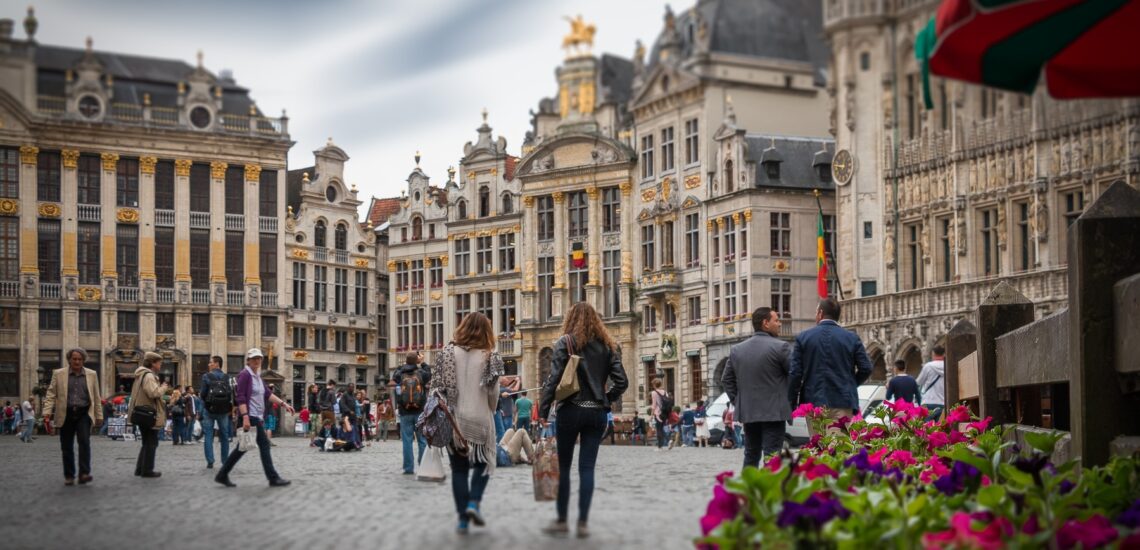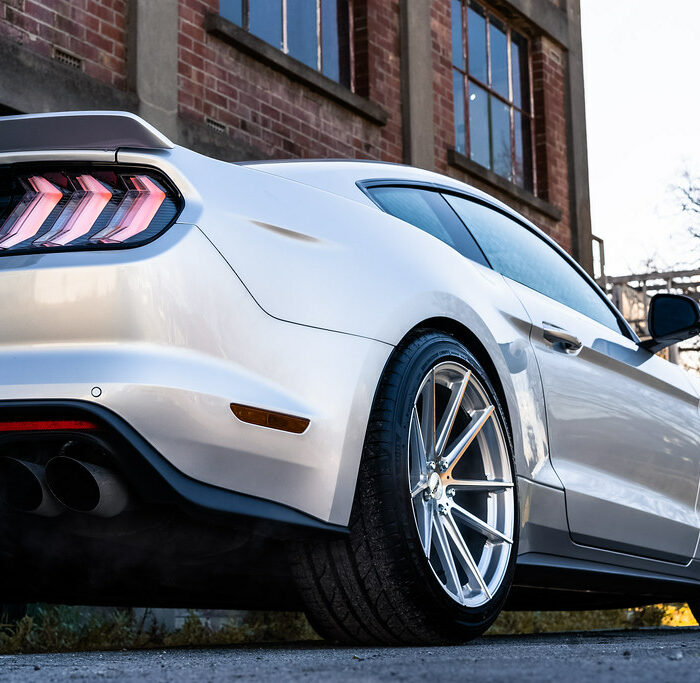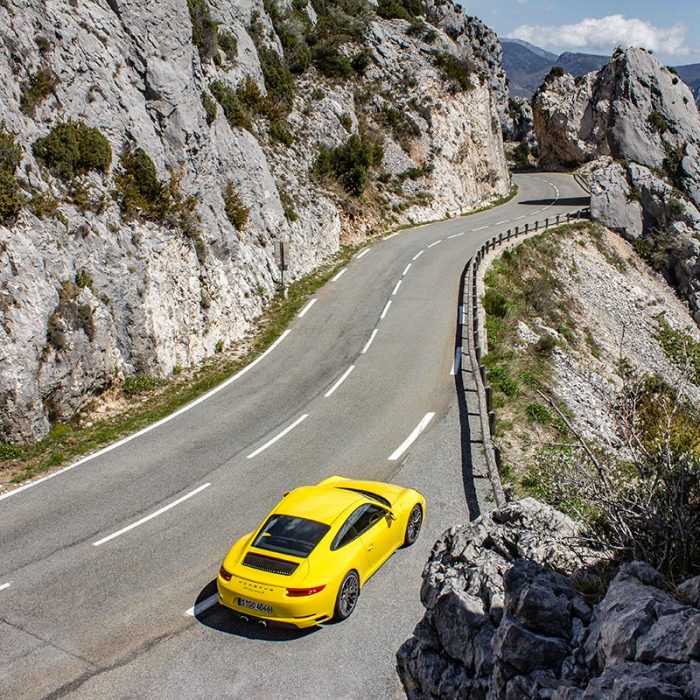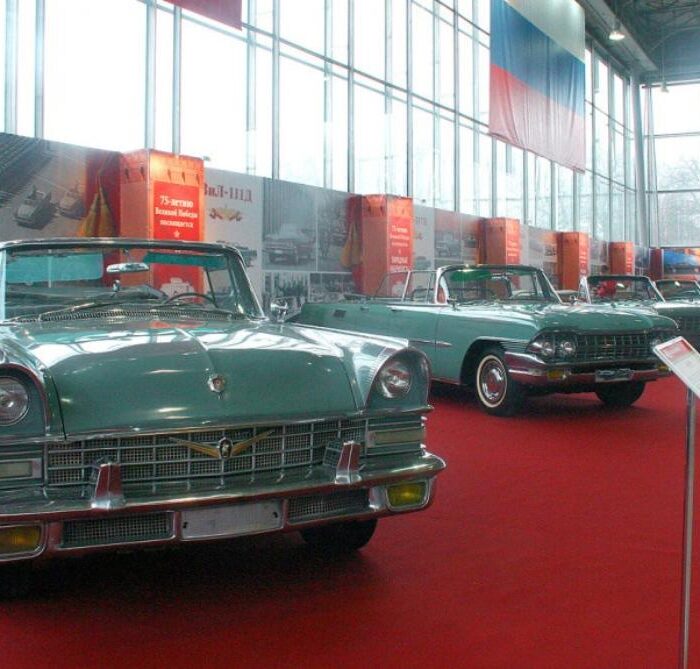Quick facts about Belgium:
- Population: Belgium is home to a population of over 11 million people.
- Official Languages: Belgium’s official languages are Dutch, French, and German.
- Capital: Brussels serves as the capital city of Belgium.
- Government: Belgium operates as a federal parliamentary democracy and constitutional monarchy.
- Currency: The official currency of Belgium is the Euro (EUR).
1 Fact: Brussels is also the capital of the European Union
Brussels holds the distinction of being the de facto capital of the European Union. As the headquarters for major EU institutions, including the European Commission and the Council of the European Union, Brussels plays a central role in the functioning and decision-making processes of the EU. The city serves as a hub for international diplomacy and cooperation within the European community.
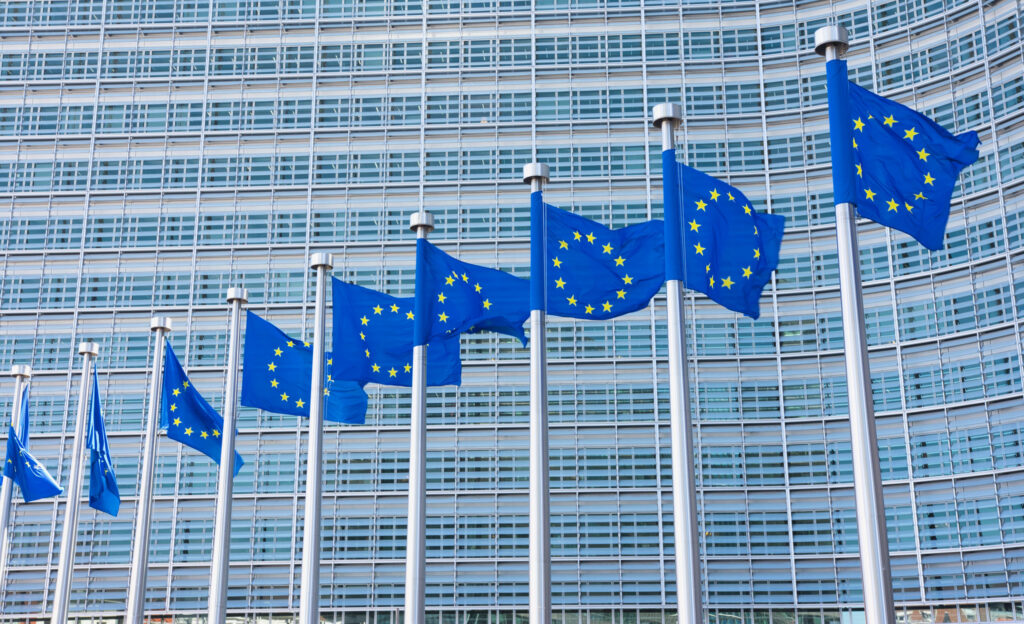
2 Fact: Belgium is a small but multinational country
Belgium’s linguistic diversity traces back to its intricate history. With origins in regional disparities, the country developed distinct linguistic communities. Dutch predominates in Flanders, French in Wallonia, and German in a small eastern community. Belgium’s unique linguistic arrangement is a result of historical influences, regional identities, and compromises that shaped the nation into a multilingual mosaic. This diversity enriches Belgium’s cultural tapestry, making it a fascinating blend of languages and histories.
3 Fact: French fries are actually from Belgium
Despite their name, French fries are thought to have originated in Belgium, not France. In the late 17th century, locals in the Meuse Valley were reportedly frying potatoes as a substitute for fish when the river was frozen. The dish gained popularity and eventually spread to France, where it became known as “frites.” Today, Belgian fries are celebrated for their unique preparation and are a culinary delight associated with Belgian cuisine.
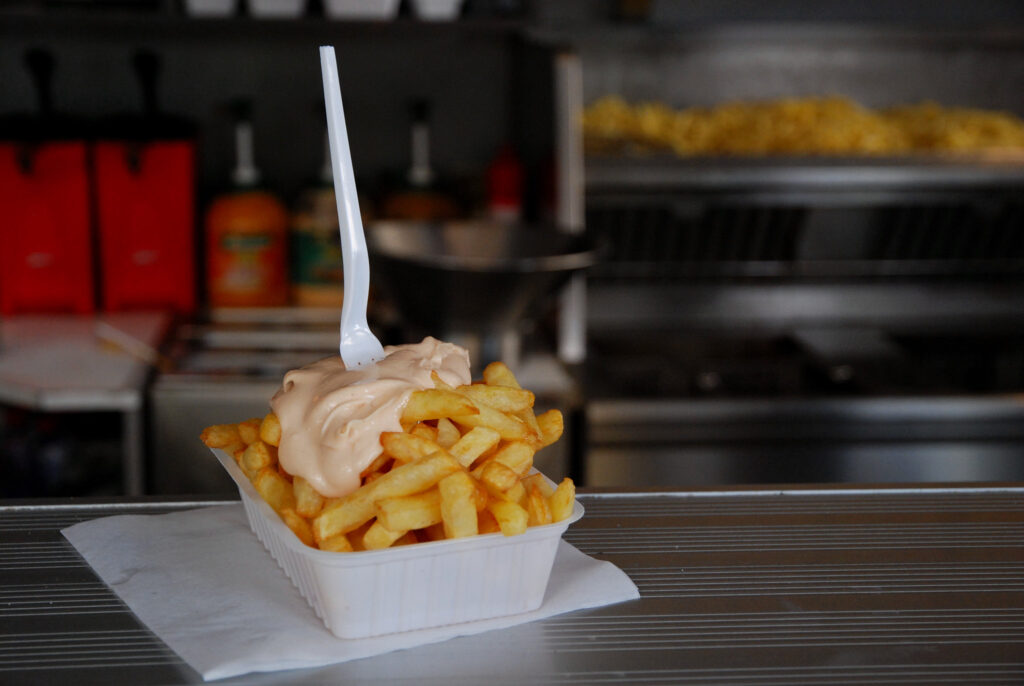
4 Fact: Belgium has a rich brewing culture!
Belgium is famous for its delicious beers, offering an incredible variety of over 1,500 unique beer brands. This makes it one of the places with the most diverse beer options globally. From Trappist ales to lambics, Belgian brewers showcase their skill and passion, making beer an integral part of the country’s culture.
5 Fact: Belgian waffles are famous all over the world
Belgian waffles have become global culinary icons, cherished for their delightful taste and unique texture. Originating from Belgium, these waffles are enjoyed worldwide, often topped with an array of delicious accompaniments. Whether savoring them in their home country or encountering them internationally, Belgian waffles continue to captivate taste buds with their delectable appeal.
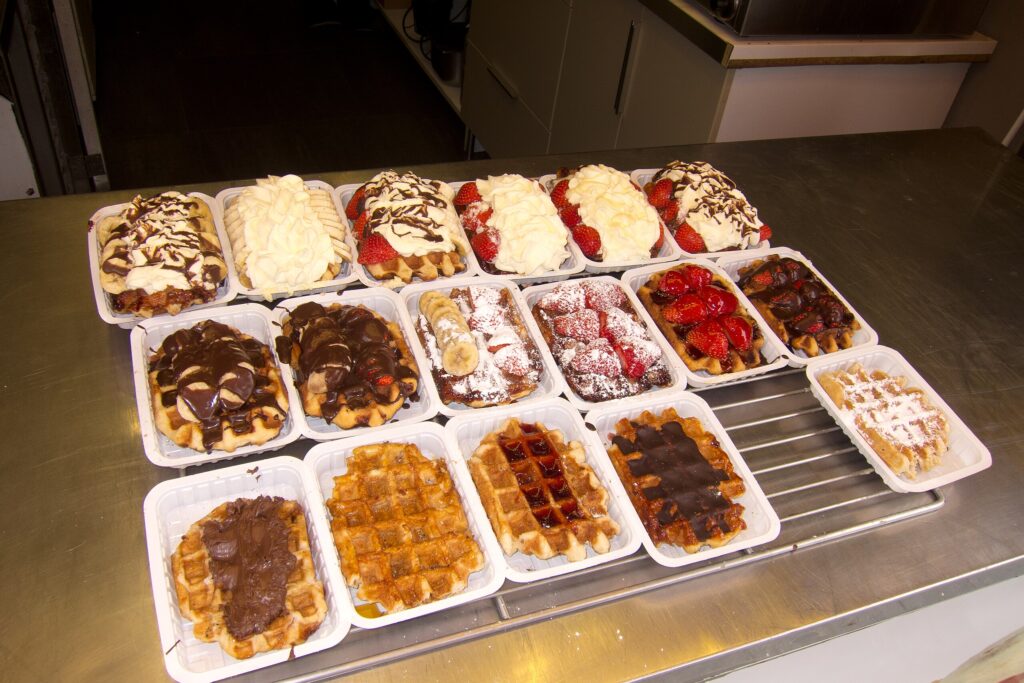
6 Fact: Belgium has the most castles per unit area
Belgium proudly claims the title for the highest density of castles per unit area globally. The picturesque landscape is adorned with a plethora of enchanting castles, each telling a story of history, architecture, and aristocratic heritage. This unique concentration of castles contributes to Belgium’s charm, inviting visitors to explore its regal past.
Note: A car is needed to get around them all, check if you need an International Driver’s License in Belgium to drive.
7 Fact: Belgium produces a lot of chocolate
Belgium stands as a prominent producer of chocolate, celebrated globally for its premium quality and delectable offerings. The country’s chocolatiers are revered for their craftsmanship, creating an extensive variety of chocolates that captivate taste buds worldwide. Belgium’s rich chocolate tradition has made it a haven for chocolate enthusiasts and a key player in the global chocolate industry.
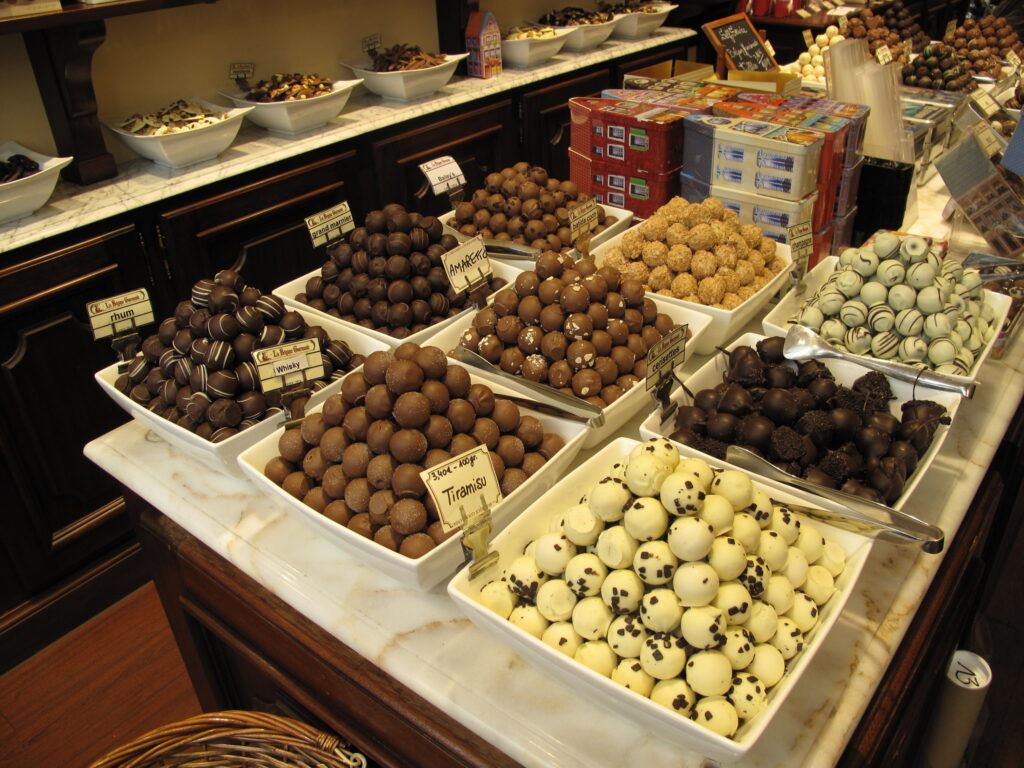
8 Fact: The symbol of Belgium is … peeing boy
Belgium’s symbolic figure, the Manneken Pis, is a small statue depicting a boy urinating. Despite its modest size, this whimsical statue holds significant cultural importance and has become a beloved emblem of Brussels and the country as a whole. The Manneken Pis is often adorned in various costumes, reflecting the spirit of different events and celebrations.
9 Fact: Brussels sprouts do grow near the capital city
Brussels sprouts have been cultivated near the capital for centuries, with historical records dating back to the 13th century. Originating in the Brussels region of Belgium, these miniature cabbages have since become a globally popular vegetable. The enduring tradition of Brussels sprouts near the capital underscores their historical significance and culinary legacy.
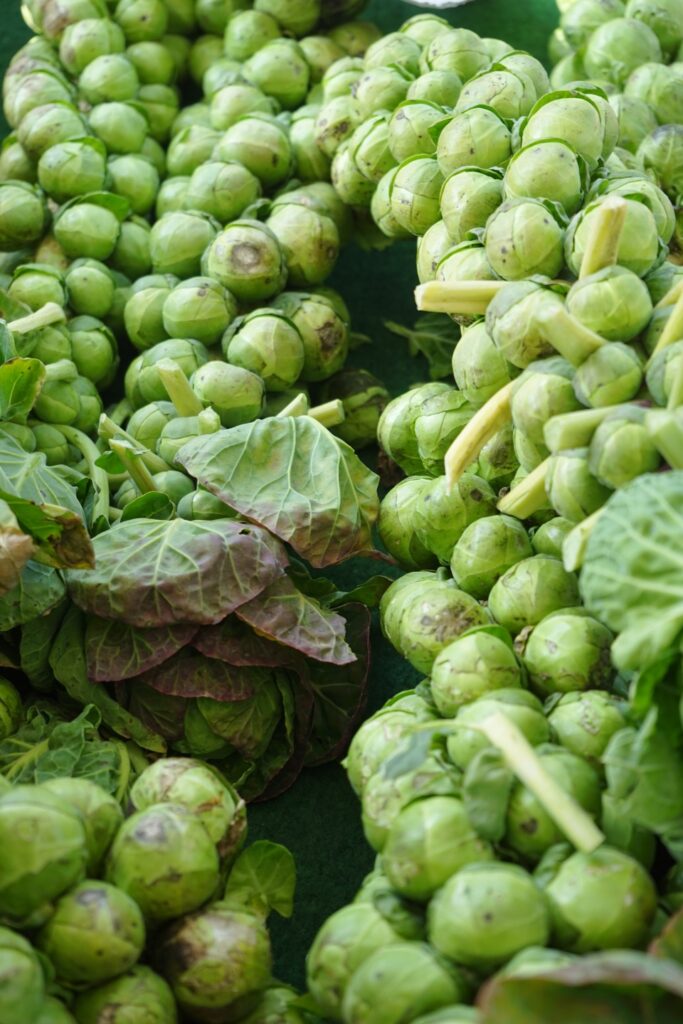
10 Fact: Belgian society is one of the most progressive
Belgium stands at the forefront of progressive values, having pioneered various societal advancements. Notably, it was among the first nations to legalize same-sex marriage, leading the way in recognizing diverse forms of partnership. Belgium’s progressive ethos extends to its legislation on euthanasia, ensuring individual autonomy in end-of-life decisions. The commitment to education is evident with compulsory secondary education until 18, fostering a well-educated populace. Additionally, Belgium embraces civic duty through compulsory voting, encouraging active participation in democratic processes.

Published January 10, 2024 • 4m to read

